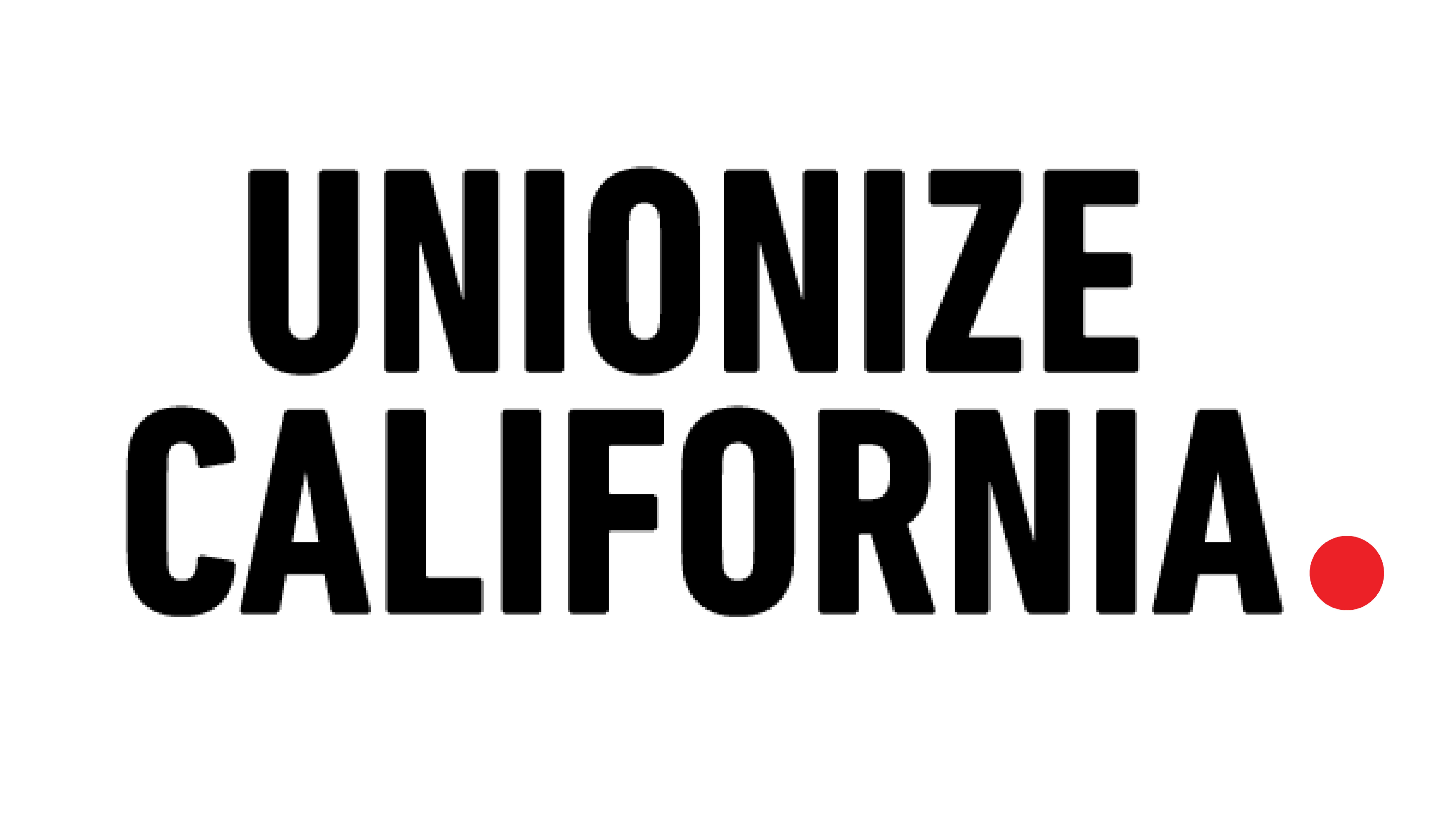|
|
Sisters, Brothers & Siblings, My kids aren’t typical young workers. They grew up in the labor movement with a Mom who preaches the gospel of workers’ rights. That’s why I was shocked when my 20-year-old son casually mentioned working 7 straight days washing dishes at the nursing home where he had a part time job. “Seven straight days?” I asked. “Well, at least you must have made good overtime.” He then informed me that he didn’t receive overtime because he was only working a partial shift on the Sunday. I quickly pulled up the statue to show him he was entitled to overtime and he was able to assert his rights to a supervisor who was either unaware or intentionally trying to take advantage of a young worker. This type of workplace misinformation is not only common, but appears to be growing as more young immigrant workers enter the workforce. No one disputes that wage theft and other labor law violations are a major problem for California workers. While we can’t sweep our labor law enforcement crisis under the rug, we must also acknowledge how little we do to inform workers, especially young workers, about their rights at work. For decades we have heard about the importance of financial literacy. Teaching students about managing money and how the stock market works has been a favorite subject for politicians and pundits alike. But, first, we must teach them the economics of work. Last year, Governor Newsom signed a bill to do just that. AB 800, authored by former Labor Leader Liz Ortega and sponsored by the California Labor Federation, AFL-CIO, establishes the last week of April as Workplace Readiness week and requires schools to start educating our youth on their rights at work. |
|
Young people are vulnerable to wage theft and are often led to believe that they are exempt from some wage and hour laws. To be clear, they are not. Young people - and students - have every single right that an adult has under the Federal Fair Labor Standards Act and under the California Labor Code. This includes the right to be paid while being trained, reimbursement for work expenses, and all relevant wage and hour laws. In fact, young people have additional rights regarding the type of work they can do, the maximum hours that can be worked, and the time of day they can be required to work. We’ve recently seen California fast food restaurants get caught threatening students with being fired if they don’t come in during school hours and a poultry plant hide children from investigators because they were making them do dangerous jobs that are prohibited for minors and cheating them out of wages at the same time. Can you imagine all the violations we aren’t catching? The fight to end child labor was one of the great moral achievements of the Labor Movement in the last century. It is outrageous to see many states now rolling back these hard-won protections, leaving children unprotected in some of the most exploitative and hazardous jobs. California cannot allow these practices to return. Teaching young people that they have workplace rights, and giving them the tools they need to enforce them is a step in the right direction. Although the California labor movement believes that workplace rights are always best enforced by unionized workers through a collective bargaining agreement, it starts with education. After all, knowing that you have a right to join a union without fear of retaliation is one of the most critical pieces of information we hope students will learn this Workplace Readiness Week. Yes, we should continue to talk about financial literacy in our schools, but if a young worker can’t read their paycheck or know when they are being cheated out of wages, lecturing them about savings accounts and investments won’t fix the problem. Teaching youth about their rights on the job will help the next generation to stand up for themselves, raise standards for all workers and hold lawbreakers accountable. What better lesson to prepare them for the world that awaits? |
